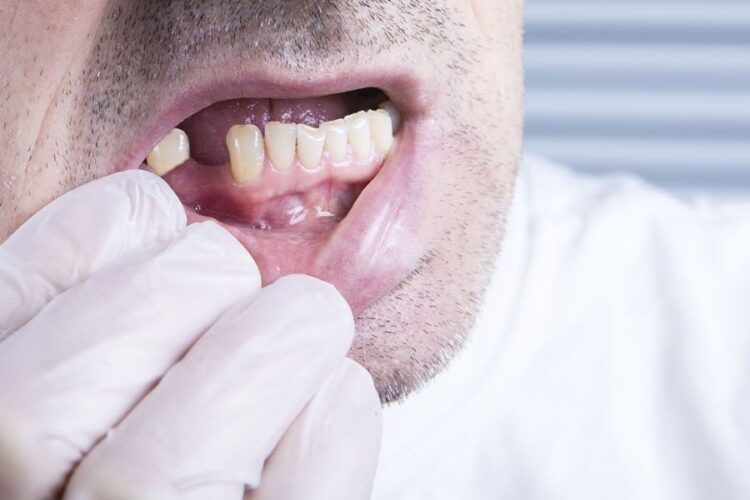Tooth removal, or extraction, is a dental procedure that involves removing a damaged, decayed, or impacted tooth from its socket in the jawbone. Tooth extraction can be performed for various reasons, including crowding, infection, injury, or to prepare for orthodontic treatment. Contact dental practice in the Park Slope area of Brooklyn, New York, to discuss what you can expect after tooth removal and how to ensure a smooth recovery.
Pain and Discomfort After Tooth Removal
Immediately after tooth removal, you can experience some pain and discomfort. The extent of your discomfort will depend on the tooth type removed and the extraction method. If you have had a simple extraction, such as removing a tooth that has erupted fully through the gum, you can expect to experience some mild pain and swelling that can be managed with over-the-counter pain medication. If you have had a surgical extraction, such as removing an impacted wisdom tooth, you can expect to experience more discomfort and swelling lasting several days.
Bleeding After Tooth Removal
Immediately after tooth removal, it is common to experience some bleeding. This is normal and is part of the healing process. If the bleeding persists, gently bite down on a fresh gauze pad or moist tea bag.
Swelling After Tooth Removal
Swelling is a common side effect of tooth removal and can last several days. You can expect the swelling to be at its worst on the second day after the extraction and gradually decrease over the next several days. To reduce swelling, you can place a cold compress on the affected area for 20 minutes, followed by 20 minutes of rest.
Bruising After Tooth Removal
Bruising is also a common side effect of tooth removal, and it can last for several days. The bruising can occur on the skin or mouth, making it difficult to eat or speak. To reduce bruising, apply a cold compress to the affected area for 20 minutes, followed by 20 minutes of rest.
Pain Medication After Tooth Removal
After tooth removal, your dentist or oral surgeon will prescribe pain medication to help manage the pain and discomfort. It is essential to take the medication as directed and not to drive or operate heavy machinery until the effects of the medication have worn off. Over-the-counter pain medication, such as ibuprofen, can also manage pain and swelling.
Diet After Tooth Removal
After tooth removal, it is important to stick to a soft diet for the first few days to allow the socket to heal. Soft foods, such as oatmeal, scrambled eggs, pudding, and soup, are recommended, and you should avoid hard, crunchy, or chewy foods that irritate the socket. You should also avoid drinking through a straw, as the sucking motion can dislodge the blood clot and delay healing.
Oral Hygiene After Tooth Removal
After tooth removal, it is vital to maintain good oral hygiene to promote healing and prevent infection. You should brush your teeth twice daily and floss regularly, but be careful not to disturb the socket. Your dentist or oral surgeon will provide specific instructions on how to care for the socket and when to resume everyday oral hygiene practices.
Follow-Up Care After Tooth Removal
After tooth removal, you must return to your dentist or oral surgeon for a follow-up appointment. During this appointment, your dentist will evaluate the healing process and recommend further treatment.

